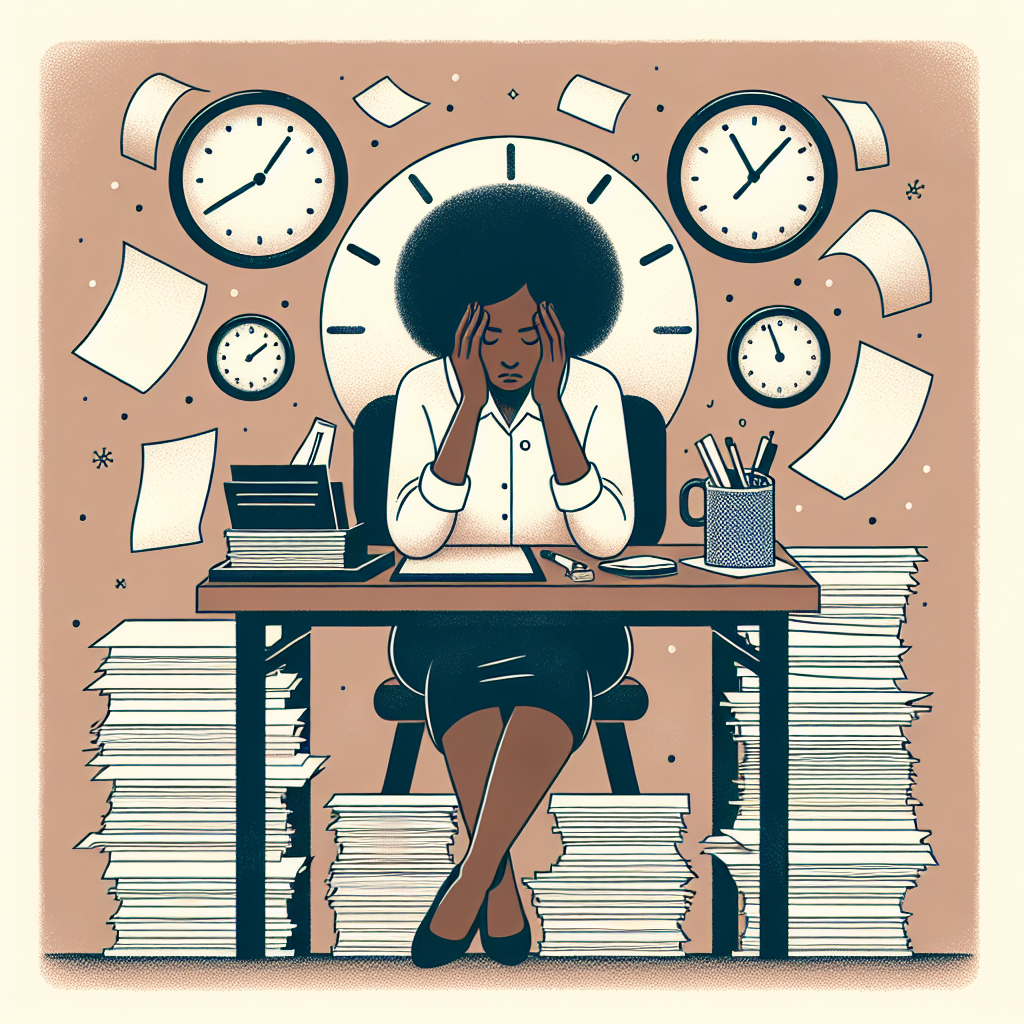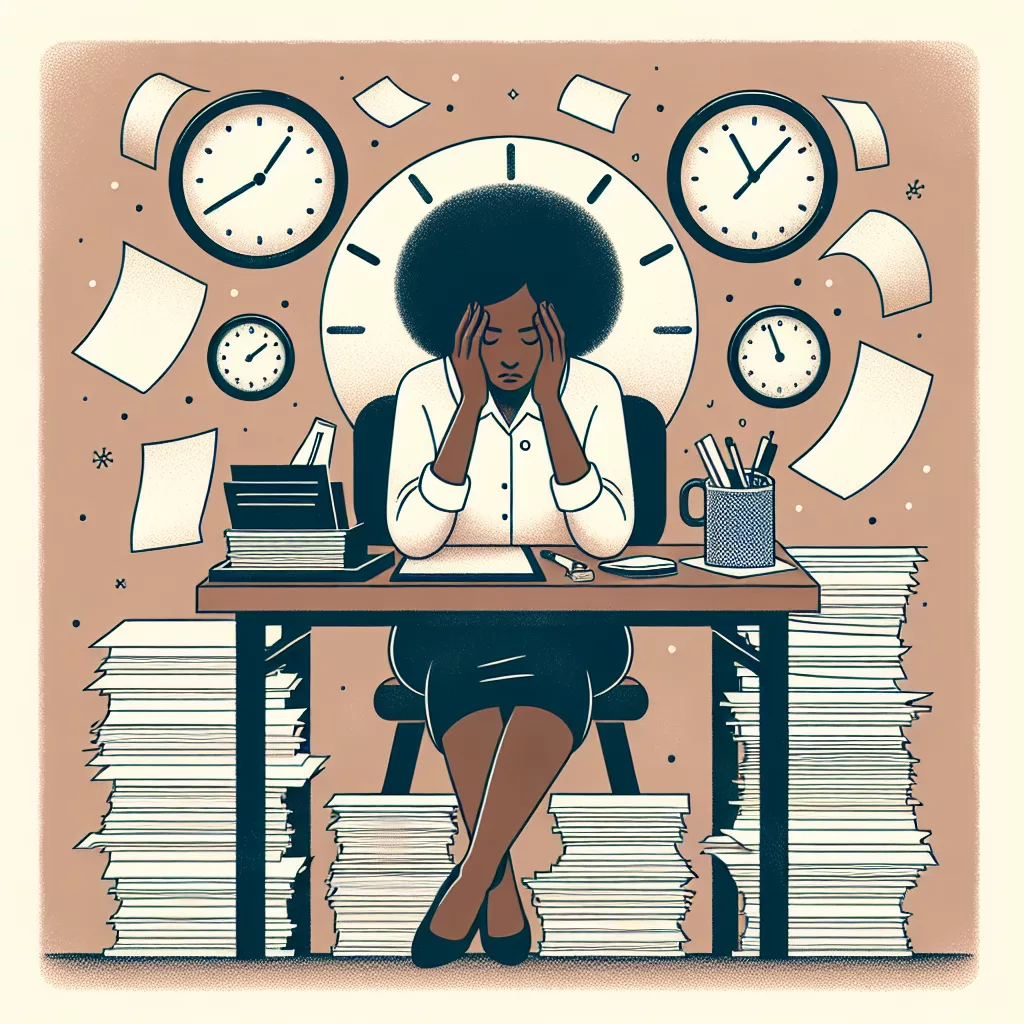As a psychiatrist, you may face a significant risk of burnout, with studies indicating high stress levels linked to emotional exhaustion and depersonalization.

- High emotional demands from patient interactions.
- Long and unpredictable work hours.
- Stigma surrounding mental health care may affect motivation.
- Pervasive administrative tasks and paperwork burden.
- Difficulty in maintaining work-life balance.
- Pressure due to potential for malpractice claims.
- Lack of autonomy in treatment decisions.
The available data on career burnout statistics for psychiatrists appears to indicate that the level of burnout is severe.
Reasons Psychiatrists burnout
According to the science to date there are key reasons people burnout at work. Here’s our top reasons why Psychiatrist in the Healthcare category has a burnout risk of Severe:
In your role as a psychiatrist, burnout can be a significant challenge, presenting itself for various reasons. Firstly, emotional strain is a major factor. You are often required to manage patients with severe mental health issues, which can be emotionally taxing and lead to feelings of helplessness and fatigue over time.
Secondly, the high demands of the job are another reason. Your workload typically involves long hours and possibly being on-call, with little time to recover or engage in self-care, contributing to stress and exhaustion.
Administrative burdens can also add to burnout. The paperwork and documentation requirements in mental health care may consume a significant portion of your time, reducing the time available for patient interaction and increasing job dissatisfaction.
Another contributing factor is the stigma associated with mental health, which can make your job more challenging. You might encounter societal misconceptions and have to navigate these when working with patients and in professional settings.
Moreover, lack of resources can exacerbate feelings of inefficacy. Insufficient staff, limited access to therapeutic options, or funding restraints can hinder your ability to provide comprehensive care, leading to frustration and burnout.
Lastly, lack of professional support may be a concern. An absence of peer support structures or mentorship opportunities can leave you feeling isolated, increasing vulnerability to burnout.
Burnout rate data for Psychiatrist/Healthcare
Burnout among healthcare professionals, including psychiatrists, is a growing concern. Data from credible sources highlight the significant prevalence of burnout symptoms like emotional exhaustion and depersonalization in the healthcare industry. Studies often point to demanding work environments, long hours, and high-stress levels as key contributing factors.
According to a 2022 report by Medscape, burnout rates among physicians, including psychiatrists, have been increasing. The report provides statistical insights into factors that cause burnout, such as administrative burdens and patient load. You can explore detailed findings here: (https://www.medscape.com/slideshow/lifestyle-2022-burnout-6014630).
Research from the Journal of the American Medical Association also notes the need for systemic changes in healthcare settings to tackle burnout effectively. Their findings suggest improved work-life balance can mitigate burnout symptoms among psychiatrists. More information can be found in their published work at (https://jamanetwork.com/journals/jama/fullarticle/2769590).
Do you have experience of Burnout as a Psychiatrist or in Healthcare?
Share your story about Psychiatrist burnout on our share your story page.
Burnout in Healthcare
Career Burnout Rates > Burnout in Healthcare > Psychiatrist Burnout


